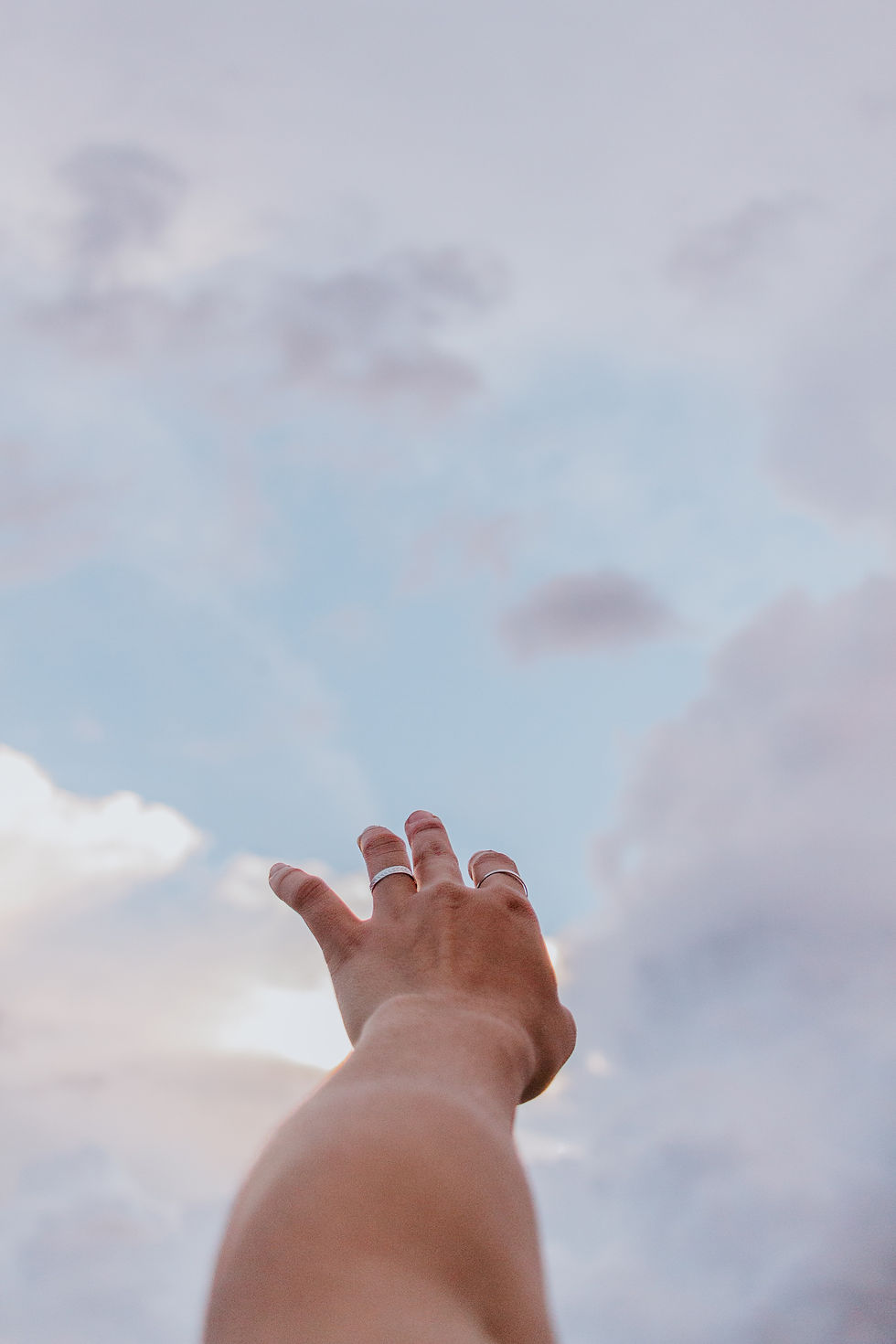COVID-19: What To Do Now?
- MP
- Mar 22, 2020
- 2 min read
Updated: Apr 7, 2020
We've gotten used to being able to move on quickly. With the beginning of this pandemic, we had the mindset that it would take a few weeks and wrap up. But what happens when things don't wrap up? What happens when things linger on, and there doesn't seem to be a nice ending in sight? There comes a time, with every major transition, where we need to ask what do we do now?
This is the second phase of things, a phase which may bring on more fear than the first, more confident phase. It is the phase of realizing that you don't have as much control as you thought you have, where things are progressing as they must progress due to the circumstance which unleashed them. This phase can be a difficult phase to adjust to, in suddenly recognizing the real reality. The question is no longer when will this end, but will this end?
We've seen this phase before, with prior pandemics, with world wars, with great depressions. We've experienced the phase personally when we're told that there is no work available, or that the medical treatment didn't work. The second phase can be a brutal phase of acceptance, that the outcome is out of our control and we need to settle in to the new normal for the long haul. The second phase can trigger depression.
So, what to do now? One of the best things we can do is to work with our anxiety at not being able to control the outcome. This is the time to control what you can control, and to release the rest. We are actually lucky enough in this unique slowdown to have time, time enough even to choose to divert our attention from the situation at hand. While there is some ever-looming aspect of concentrating on survival, so far thankfully it has not been only the pure survival mode of prior transitions with unrelenting mortality.
In choosing to directly address our anxiety, we can choose to minimize engaging in things which trigger us and maximize engaging in things which soothe us. We can limit our consumption of more than the essential news, and focus on doing things which remind us of the beauty of our humanity and the world. Some of these are "old-fashioned" pursuits: indulging in longer conversations with people we enjoy, reading stimulating books, being outside in the fresh air a large part of the day, doing a spring cleaning of our environments, and finding creative outlets. In choosing real connection with our lives, rather than the sham busyness of our pre-pandemic days, we have a chance to transform this slowdown from an interminable phase of misery to a necessary epiphany. We may be in a second phase of our predicament, but it is up to us to see what it's really all about.




Comments